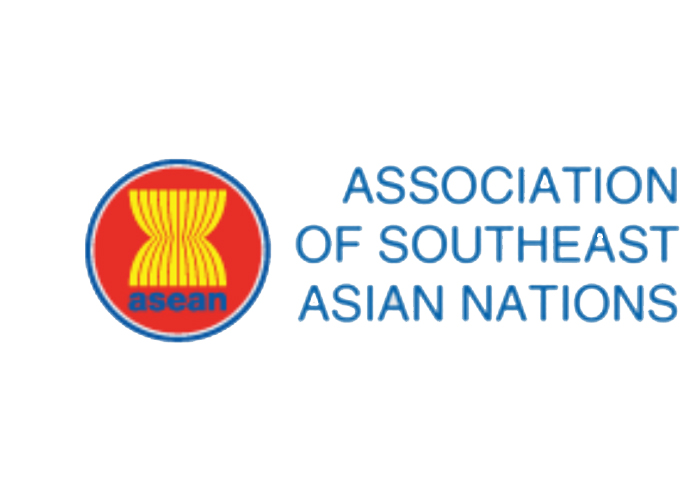The AEC (ASEAN Economic Community) is a common market agreement between the ASEAN countries, which will create a regional common market of about 600 million consumers.
Starting from December 2015 it will focus on five areas: investment, services, goods, skilled labour and capital. Unlike the European Community no supra-national government or single currency will be created.
Investment
Currently under the FBA (Foreign Business Act), foreign ownership of a business is generally not allowed in Thailand unless you get special Board of Investment (BOI) privileges. Under AEC, this will change dramatically as Thailand commits to allow ASEAN majority investment in mining, fisheries, forestry, manufacturing and agriculture.
Services
This will be an area of major change, as the AEC will create an open market for services.
Liberalisation of services is already under preparation with AFAS, the Asean Framework Agreement on Services, and will allow 70 percent of (foreign) ASEAN ownership. Thailand must ultimately allow complete liberalization for all service business within ASEAN by the end of 2015.
Goods
Under the current AFTA agreement, trade of goods between the original ASEAN countries (Thailand, Singapore, Malaysia, Brunei, the Philippines and Indonesia) is already open with standard duty at zero to 5 percent. Tariffs for goods from other countries (Myanmar, Laos, Vietnam, Cambodia) are dropping gradually. Ultimately the AEC aims to eliminate all tariffs and non-tariff barriers and to simplify and harmonize all customs processes and procedures.
No free movement of labour
In the current agreement, after 2015 there will be free movement of skilled labour only for these seven professions: doctors, dentists, nurses, engineers, accountants, architects, surveyors and tour guides.
The liberalisation after 2016 will still be limited by Thai domestic profession related requirements. Thai language requirements could be a main obstacle. The free flow of unskilled labuor is not included in the AEC agreement. In reality, Thailand is now already granting a massive amount of work permits to foreign workers from Myanmar, Laos and Cambodia.
SMEs
More than 90 percent of all Thai companies are small or medium in size (SMEs). SME companies will face the biggest challenges, as the AEC will create a much bigger market in which the strongest, most efficient, best organised, most internationally oriented, most automated, most innovative companies will gradually gain advantage. Many ASEAN family-owned SMEs (not only in Thailand) will need to invest in these fields to retain or increase their business.
Thailand will need to improve the English skills of its workforce throughout its education system, in order to prepare employees to do business with other ASEAN countries.
In reality, the strength of the AEC after 2015 will depend on the ambitions of the individual governments to urgently start preparing national legislation in order to achieve the goals stated in the agreements.
This article is republished by kind permission of www.winvasia.com.
Andrew Batt, International Group Editor of PropertyGuru Group wrote this story. To contact him about this or other stories email andrew@propertyguru.com.sg




